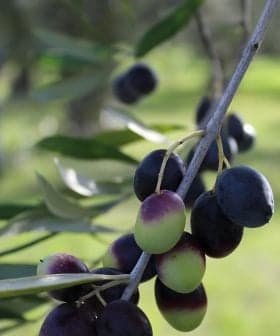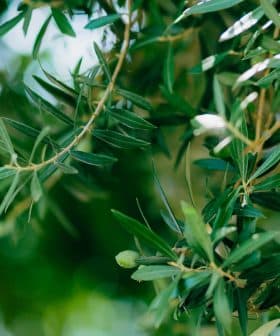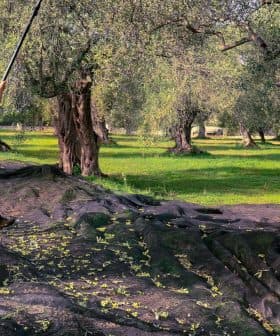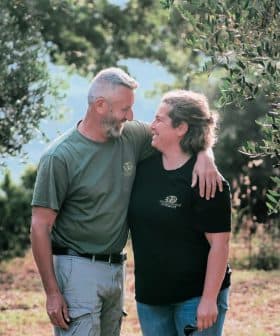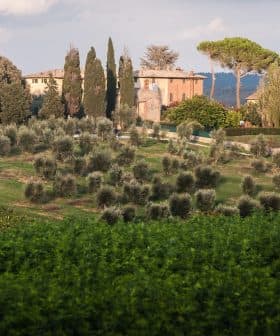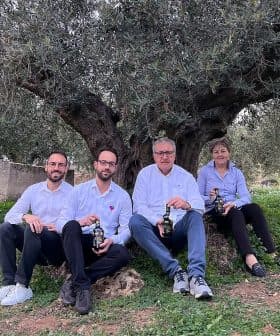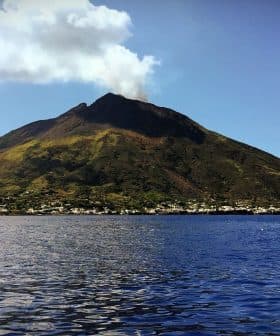Reimagining the Xylella-Devastated Landscape of Southern Puglia
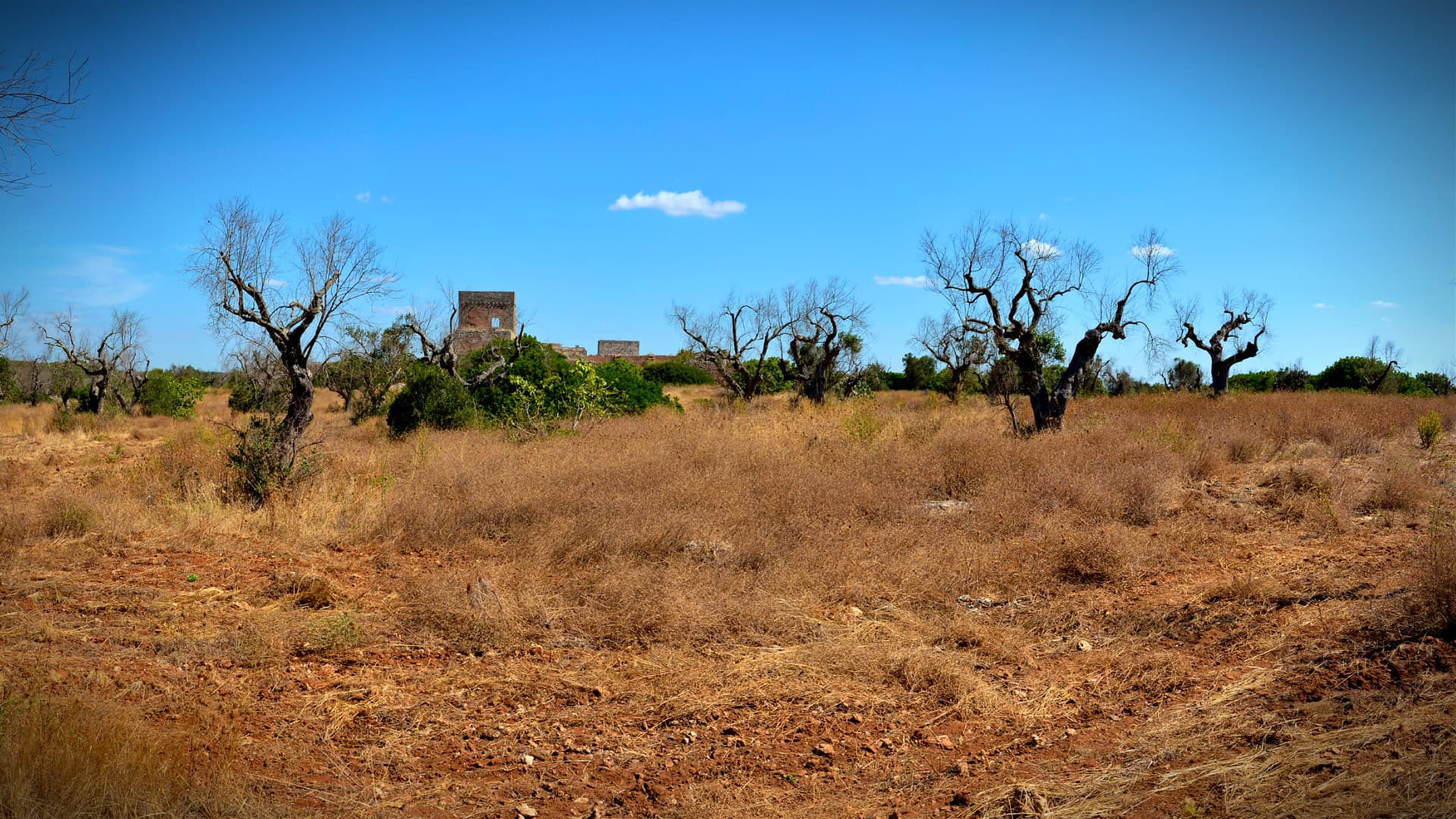
Local authorities, scientists, and agricultural associations in southern Italy are collaborating to revitalize the landscape of Otranto, which was devastated by the Xylella fastidiosa outbreak, by planting new, Xylella fastidiosa-resilient plant species. The initiative aims to rebuild the ecosystemic balance of the province, restore the cultural heritage of Otranto, and create new opportunities for tourism and involvement of younger generations in the community. The project also hopes to revitalize the local economy and bring back agriculture to areas severely affected by Xylella, ultimately aiming to win the nomination as the Culture Capital of the Nation.
One of the communities in southern Italy whose ancient olive oil-making culture was brutally impacted by the Xylella fastidiosa outbreak is off to a new start.
Local authorities, scientists and agricultural associations are working together to recreate the landscape of Otranto, in the heart of Puglia’s Salento province.
It is true that Xylella killed our olive trees but did not kill our identity. We are ready to rebuild the landscape; its beauty is inside us.
The Research Center for Agriculture (CREA), the University of Salento and Otranto municipality have launched an experimental reforestation initiative.
The idea is to cultivate new biodiversity in the province where olive trees once thrived by planting Xylella fastidiosa-resilient plant species.
See Also:A New Project to Promote Olive Oil Roads in Puglia“Landscape is a crucial portion of the identity of a population,” Fabio Pollice, the University of Salento’s dean, told Olive Oil Times. “Landscape is the synthesis of cultural and environmental elements.”
“Taking care of our landscape means taking care of our identity and projecting it into the future,” he added. “Regenerating the landscape means rebuilding the ecosystemic balance which has been the richness of this territory for centuries. This is the reason this is a cultural project.”
The initiative’s promoters said it represents a communal effort to bring back the cultural heritage of Otranto, tying it into the development of tourism opportunities and working to involve younger generations.
Several local high schools participate in re-planting days with environmentalists, architects, agri-food entrepreneurs, garden centers and agricultural cooperatives.
For centuries, Salento was at the heart of olive oil production in Puglia and one of the most relevant producing provinces of the region. Despite the scourge of Xyella fastidiosa, Puglia remains Italy’s most significant olive oil-producing region.
However, the devastation brought by Xylella fastidiosa in the last decade has wholly modified the landscape of the southern portion of the region, located on the ‘heel’ of Italy’s boot.
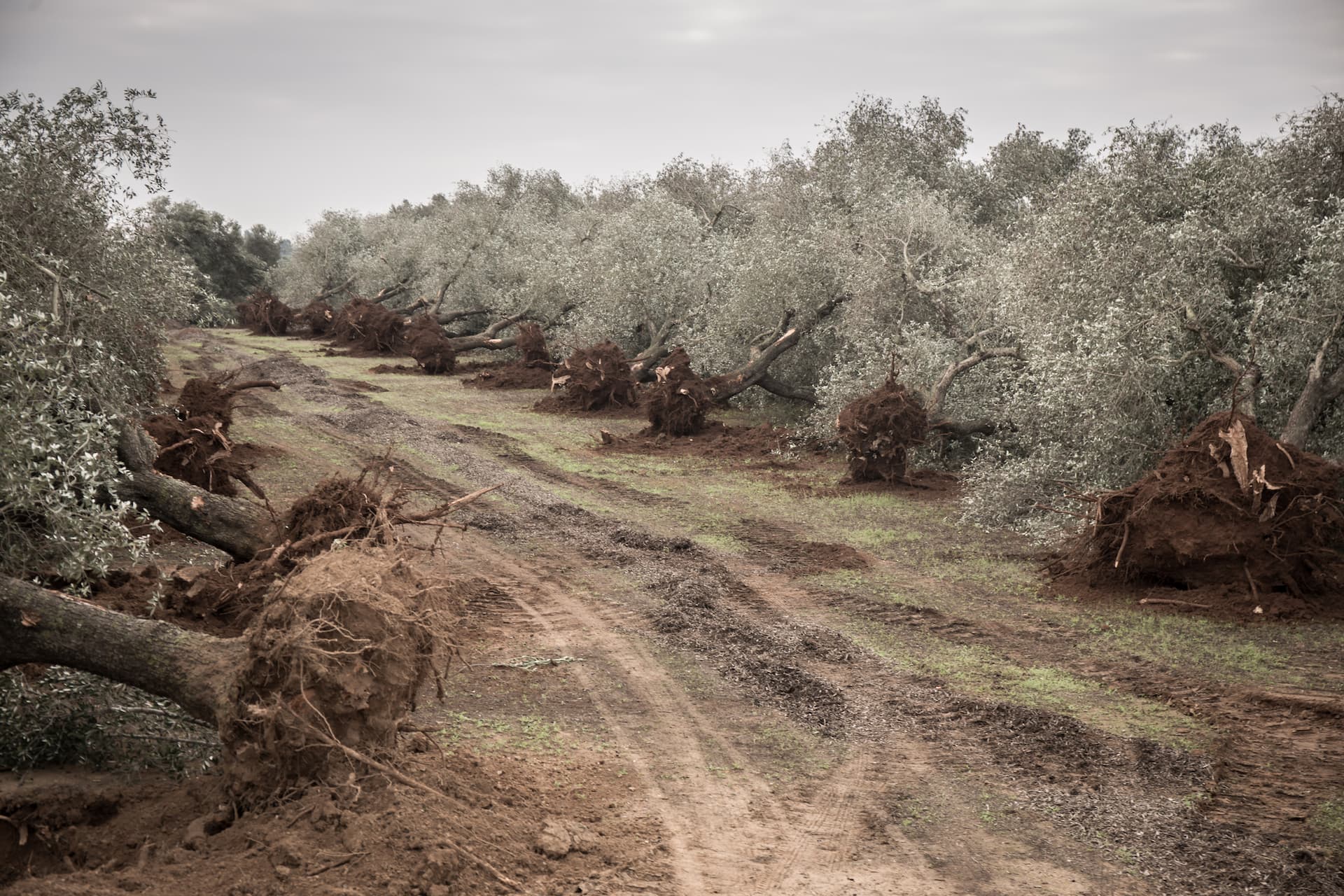
Getty Images
The bacteria infects olive trees and causes Olive Quick Decline Syndrome, a deadly disease with no cure.
The spread of Xyella fastidiosa has devastated the local economy and environment. The death of millions of olive trees has drastically altered the natural environment and the lives of hundreds of thousands of people.
The current olive oil production in the south, where it is still possible, is just a tiny fraction of what it used to be.
Over time, several local projects have been financed to support the transformation of local farms and the adoption of new crops.
In some cases, new Leccino and Favolosa olive trees have been planted, which are more resilient to Xylella fastidiosa. Still, everything has changed for local residents.
“It is true that Xylella killed our olive trees but did not kill our identity. We are ready to rebuild the landscape; its beauty is inside us,” Pollice said.
Pantaleo Piccinno, president of the Salento-Jonic Agriculture Quality District (DAJS), among the organizations involved in the project, told Olive Oil Times in an April 2022 interview that the goal of these types of projects is to revitalize Puglia.
“The goal is to bring back agriculture and income to areas severely hit by Xylella,” he said. “We are working with a new approach to replace destroyed olive groves with new crops, reshape our territory and give strength to its agricultural excellencies.”
When it comes to the Otranto initiative, the city is fully immersed in the multi-year project with hopes of winning the nomination as the Culture Capital of the Nation, a prize awarded to communities that have made extraordinary efforts to promote their heritage and traditions.
“We have used such project for the national award as a means to sustain the community in focusing on the development of our territory through its own culture,” Pollice said. “Culture has always been a driver of development in a city which historically represents a gateway between the eastern and western Mediterranean communities.”
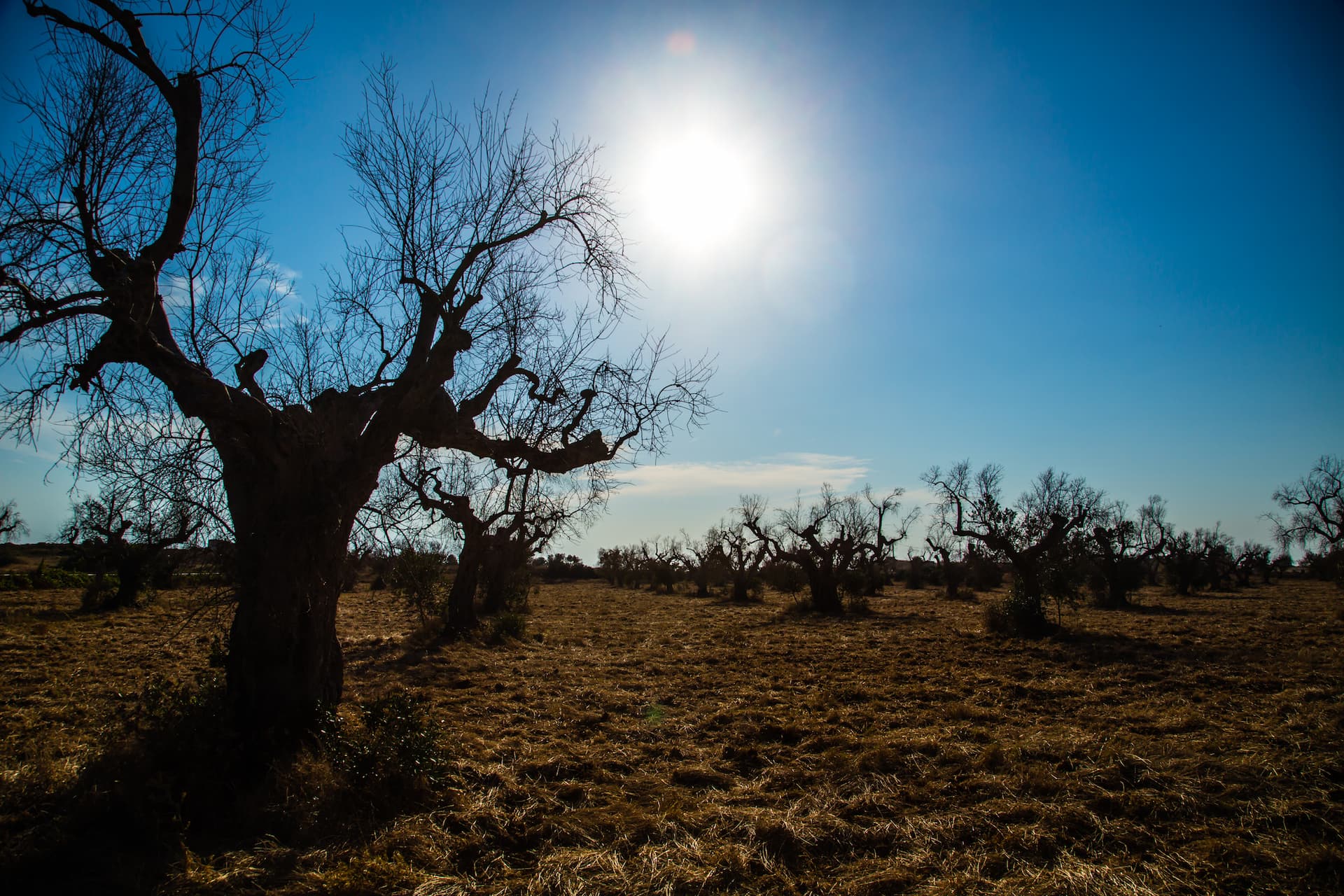
OOT File Photo
“Whatever cultural project we can think of cannot be developed without the landscape initiative,” he added. “As a university, we thought of several ideas for promoting the Otranto culture and then shared them with the local community. Their reaction was unanimous: it all depends on the landscape regeneration.”
The local population has grown olives for generations, and most families managed their own groves. Olive oil production has accompanied the economic and social development of the region. Losing that landscape has created a widespread cultural and emotional fallout.
“That is where the community wanted to focus its efforts,” Pollice said. “They all asked, ‘what will happen to us if we cannot rebuild our relationship with our landscape?’ ”
“Landscape is a communal heritage resulting from the interactions between man and nature. Therefore it is a social concept which develops over time, a space where a community’s relationship with the territory tends to settle,” he added. “And that is why every community is different since it adapted its territory to its values and activities.”
One of the cultural icons of the project is the 16-meter-long mosaic of the Otranto cathedral, a 12th-century work composed of more than 600,000 tiles representing the many cultures and religions that influenced the city’s history.
“Culture is a set of parts which relate harmoniously with each other, a system of values and structures,” Pollice said. “We are nothing more than tiles of a mosaic, where culture is not the product of one individual but the mosaic of persons whose identity stays in the landscape.”
“It is not just a reforestation effort; it is a way to bring the local community and the younger population to rebuild the relationship with their landscape, making it the subject of a shared planning, feeling to be part of a landscape community.”


